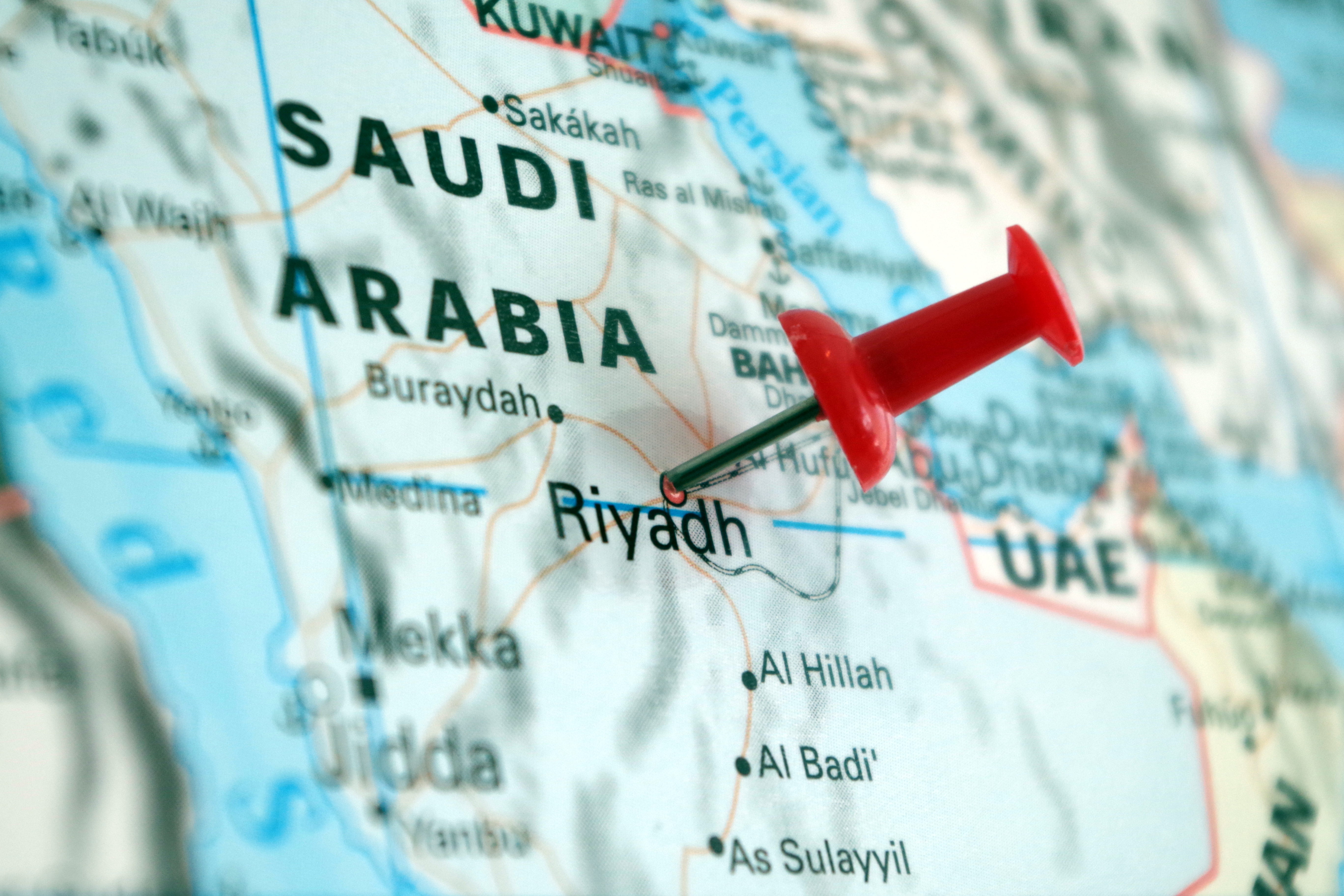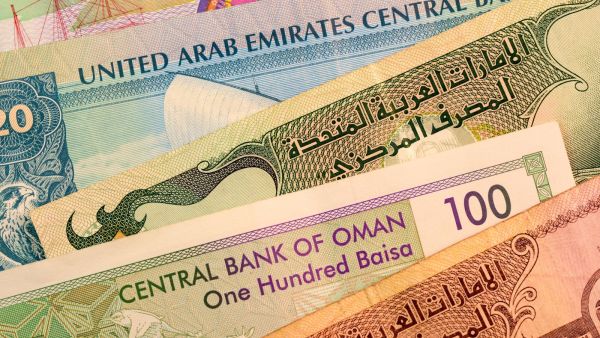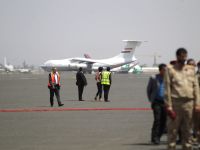Habtoor's centralized GCC currency to include Jordan, Egypt
ALBAWABA – Chairman of the board of directors of the United Arab Emirates (UAE)’s Al Habtoor Group and Emirati billionaire Khalaf Habtoor reportedly voiced his support for a centralized regional currency on Tuesday.
Habtoor’s envisioned currency would be unified across countries of the Arab Gulf Cooperation Council (GCC), along with Jordan and Egypt, according to Arabic financial news outlet Amwal Alghad.
In his statement, the businessman explained that his company is currently working on a billion-dollar real estate project, which he described as the biggest in the world, as reported by CNBC Arabia.
In a tweet, Habtoor said his group is looking forward to invest in Egypt.
Notably, a unified currency with Egypt would considerably facilitate the flow of capital in and out of member countries.
Dreams of a centralized GCC currency
This is not the first time a unified currency for the GCC is proposed by businessmen or government officials, according to various news outlets.
Analyses on why such a centralized financial endeavour will fail date back more than 10 years since the GCC proposed an economic bloc to include Morocco and Jordan back in 2011.
At the time, the dream of a centralized currency was born under the weight of the Arab Spring.
Protests erupted in most Arab countries in what some GCC members described as Iran-backed movements, as reported by Reuters.
Member states then extended an invitation to Jordan and Morocco to join the GCC and they briefly dabbled with the concept of a centralized currency which would serve as a backbone for an economic alliance with the GCC's allies.
This would bolster the region’s immunity to alleged Iranian schemes to undermine Arab regimes, Reuters explained.
Challenges facing a centralized GCC currency
Chair of the Financial Services Club Chris Skinner explicitly said that any such effort to establish a centralized GCC currency is doomed to fail, back in 2017.
“It is difficult to establish an integrated economic zone without real political integration,” he said in an exclusive interview with CNN Arabic.
An official GCC statement, by the council’s Assistant Deputy Secretary General for Economic and Development Affairs, Khalifa al-Abri, back in 2020, renewed the debate on the issue.
He said that four GCC countries are working on developing suitable circumstances for launching a centralized Gulf currency.
However, a monetary union agreement was in fact signed in 2009 to include Saudi Arabia, Qatar, Bahrain, and Kuwait. While UAE and Oman refused to join the union.
Oman’s rejected the project due to disagreements over the benchmarks of the union. Whereas the UAE was over the selection of Riyadh to house the union’s headquarters.

Nonetheless, the centralized currency was supposed to be launched in 2013, but it was never realized.
Since then, various challenges have presented themselves, which would further disrupt the dream.
Discord between Qatar and other members of the GCC council resulted in excommunication, in 2017. All regional relations were severed between the parties of the dispute.
The issue only recently began to resolve itself, with GCC leaders making significant strides in restoring ties with Qatar.
Other challenges present economic obstacles to the realization of a centralized currency in the region. For example, all of the GCC’s currencies are all pegged to the U.S. dollar, except for Kuwait's.
Moreover, there is the issue of unifying laws in trade and customs. Every country has its own set of rules.
A centralized market and currency will have to bring significant gains to member countries. Otherwise, it is unlikely they will forego the revenues and income resulting from taxation, customs, tariffs and fees.
Such questions undermine the validity of any such vision of a centralized currency materializing any time soon. In addition to the fact that nothing has been done to realize it since the monetary union agreement was signed more than 14 years ago.







